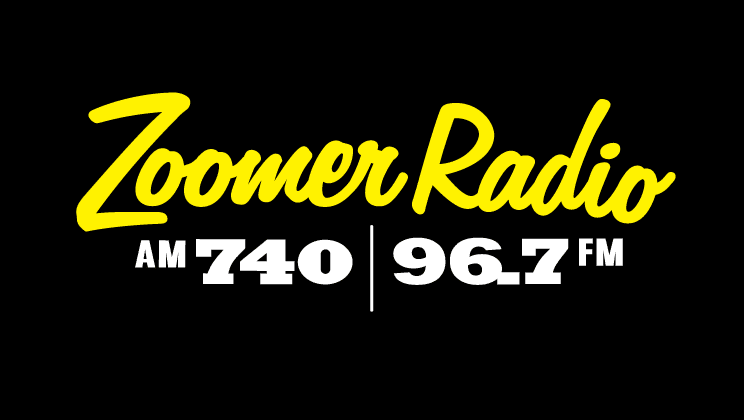When Clutter Descends Into Chaos
Good morning, Marilyn. Today I would like to share information on a topic that has been on my heart for a while now: seniors and hoarding.
Virtually every older adult I know would admit to having more stuff than they need or want. If you’ve been listening to me over the last few months, you know that I call clutter the enemy that holds seniors in homes that no longer serve their health, financial or lifestyle needs. People don’t downsize when they should because they don’t know how to deal with the surplus stuff. It’s with a bit of exaggeration that I say their clutter is holding them hostage.
But for some seniors, this isn’t hyperbole, but a sad statement of fact. Their clutter has passed safe levels, and they are trapped by their hoarding tendencies. So when does clutter become indicative of a larger issue? How do you know when you or someone else is a hoarder?
- Understanding hoarding:
- A compulsive disorder
- Irrational
- Often accompanied by great anxiety or distress or defensiveness when confronted
- Can be categorized according to severity - based on the impact on health and safety
- Can be helped by treatment by trained professionals
- Identifying a hoarder:
- Do you sometimes or often feel like your desire to hold onto things is beyond your control? You’d like to get rid of it, but simply can’t?
- Do you hang onto things that other people would consider garbage? Things like empty food packages, take out containers, or old newspapers.
- Does your physical environment fill you with shame or despair? Do you find yourself becoming socially isolated and less likely to leave home?
- Has your home become a safety concern due to narrowed passageways, rodent infestation, fall or fire hazards?
- Has someone expressed concern for your well being due to your hoarding tendencies?
Answering yes to any of these questions doesn’t automatically mean you’re a hoarder. That is for a professional to diagnose. But it does mean that your clutter is becoming problematic, and locating help now will guard against the situation becoming more serious.
At SMART Realty Solution.com we have compiled a list of help for hoarders. These service providers include psychologists who work with hoarders, specialty cleaning companies, professional organizers, and hoarding support groups - all of which will let you see that you’re not alone.
C. And if you’re the person worried about a possible hoarder, let me share some important tips in dealing with that person:
- Remember that they are more than just their challenges. There is a full adult person who needs compassion and assistance, not condemnation.
- Understand that simply getting rid of stuff isn’t a choice they can make at the present time.
- You are probably not equipped to deal with this situation. Hoarding is a complex psychological issue that won’t respond to reasoning, threatening or nagging.
- Hoarding in seniors can be exacerbated by cognitive decline associated with aging. Conditions like dementia or Alzheimer’s disease can diminish decision-making ability and impair judgment.
- When the hoarder is ready to make a change, realize that it will be a gradual process that will require patience, practical support, and empathy.
As you know, Marilyn, I am a Realtor ™ not a professional organizer or psychologist. But in my real estate business I run across homes of hoarders and have developed a network of companies I work with and can refer to. Please visit our website, smartrealtysolution.com to request your copy of “Help for Hoarders.” Like everything we create at SMART Realty Solutions, it’s free of cost or obligation.
Request a copy of "Help for Hoarders Here"
Join Us On
Marilyn Wetson's "From a Woman's Perspective"
Saturday Morning at 8 am!

.png)

.jpg)


Post a comment